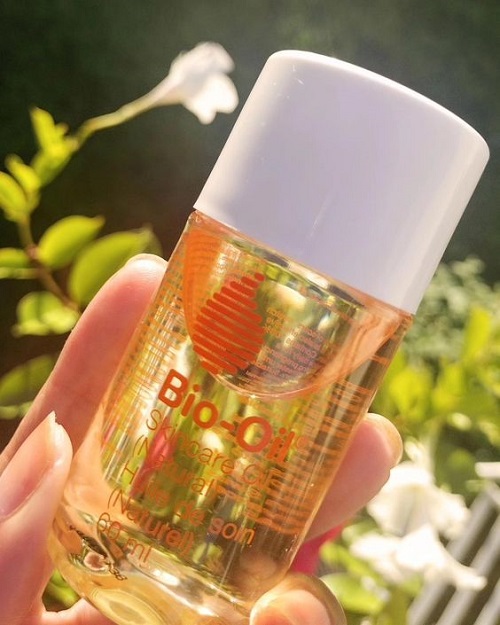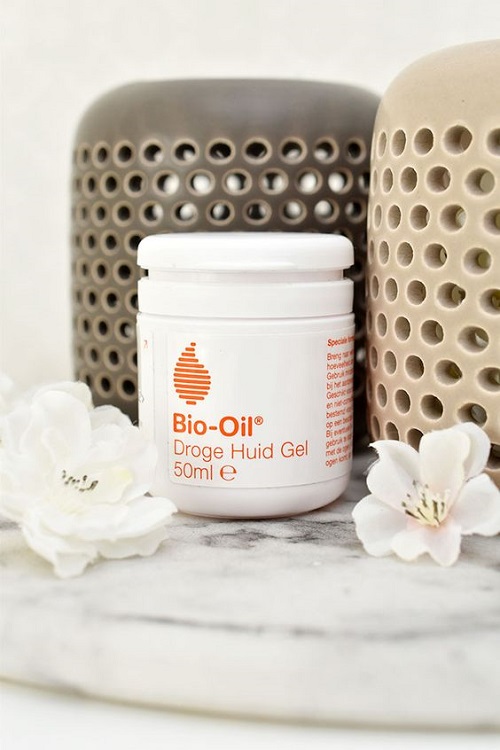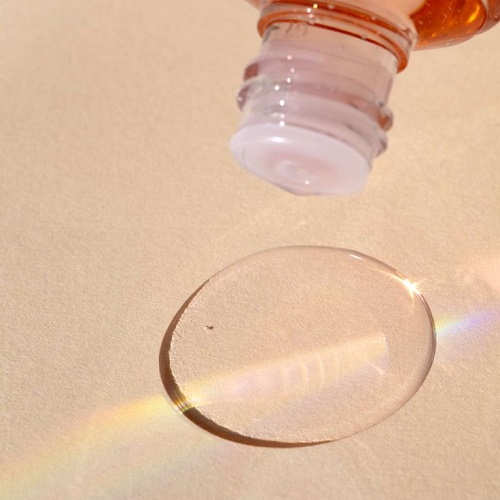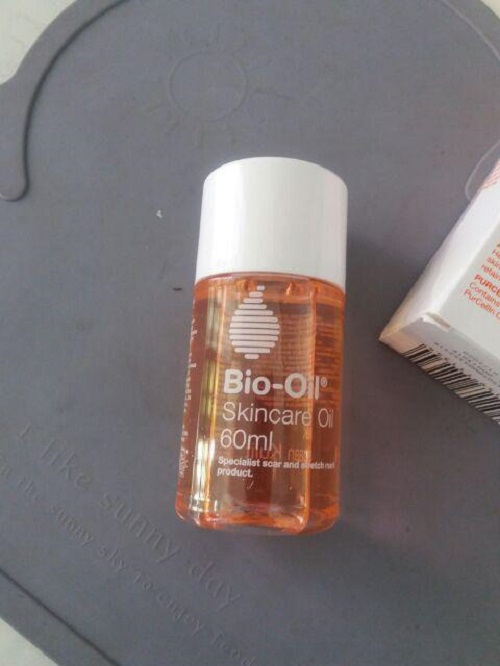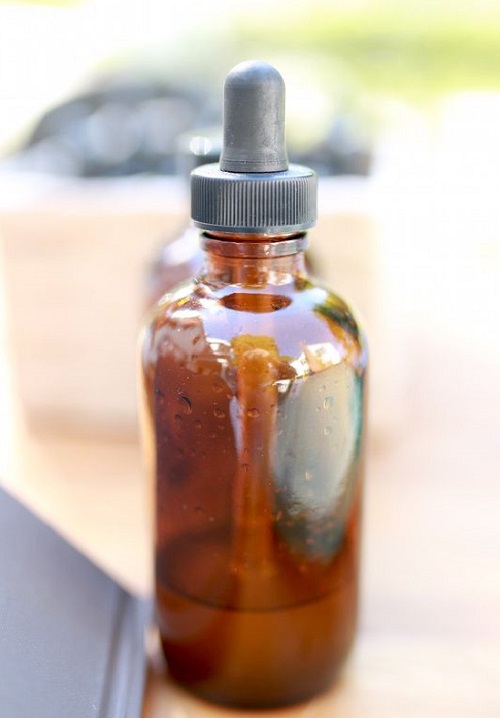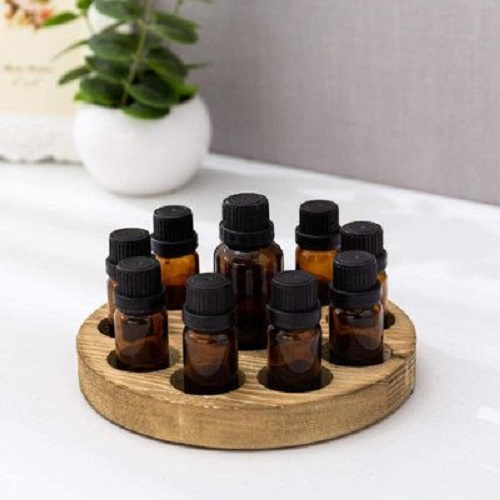Does Bio Oil Expire? Or does it deserve a permanent spot in your skincare cabinet? Let’s hunt some valuable insights below!
For those seeking skincare solutions and looking to address concerns like scars, stretch marks, and uneven skin tone, Bio-Oil must have been your trusted companion. However, like any other skincare product, you might be wondering—Does Bio Oil Expire? Head on to an in-depth exploration of the shelf life of Bio-Oil, how to determine if it has expired, ensuring your skincare treasures are as potent as ever.
Get the Best Castor Oil vs. Argan Oil Guide here
Understanding the Efficacy of Bio-Oil
Bio-Oil’s effectiveness in addressing various skincare concerns lies in its meticulously crafted formula. It has stood the test of time and garnered a loyal following for its unique blend of botanical extracts and essential vitamins. Here’s a closer look at the key components that make Bio-Oil a skincare powerhouse:
- PurCellin Oil: This proprietary ingredient ensures that Bio-Oil maintains a light, non-greasy texture, making it easy to apply and absorb into the skin.
- Vitamin A: Known for its skin-renewing properties, Vitamin A in Bio-Oil supports the skin’s natural regeneration processes, aiding in the reduction of scars and uneven skin tone.
- Vitamin E: As a powerful antioxidant, Vitamin E helps protect the skin from free radical damage and promotes overall skin health.
- Botanical Oils: Bio-Oil’s formula includes a harmonious blend of botanical oils, such as Calendula Oil, Lavender Oil, Rosemary Oil, and Chamomile Oil. These natural extracts contribute to the product’s soothing and nourishing qualities.
Discover the Effectiveness of Castor Oil for Lice here
Unveiling Bio-Oil Shelf Life
Learning about Bio-Oil‘s shelf life is a major factor in determining whether it expires or not. So apparantly, when stored properly, Bio-Oil can remain effective for up to three years from its manufacturing date. This extended shelf life stems from the inclusion of antioxidants in the formula, which diligently safeguard the integrity of the active ingredients.
Is Castor Oil Good for Low-Porosity Hair? Learn here
Does Bio Oil Expire?
Yes, it does, within 36 months or 3 years from the date of manufacture.
If you are wondering—Does Bio Oil have an Expiration Date, it definitely does, which is generally indicated on the packaging. While the typical shelf life extends upto 36 months for a sealed bottle, once opened, it is advisable to use the product within 12 months to ensure its maximum effectiveness and avoid potential spoilage. The oil starts turning rancid after this period due to its possible reaction with external elements like air or light.
Expired Bio-Oil may lose its potency and can undergo changes in texture, color, and scent. Moreover, using an expired product could lead to skin irritations or allergic reactions, so always pay attention to its dates and try to get the recently manufactures one to ensure a good length of time in hand.
Learn about Using Castor Oil for Thyroid here
How to Tell if Bio-Oil is Expired?
1. Check the Expiration Date
The most straightforward way to determine if Bio-Oil is expired is to check the expiration date printed on the packaging. The date is often displayed on the bottom of the bottle or on the box it came in.
2. Observe Physical Changes
If the expiration date is not visible or has faded, examine the product for any physical changes. An expired Bio-Oil may show alterations in texture, becoming either too thick or too watery.
3. Assess the Color
The original color of Bio-Oil is a pale orange. If you notice any discoloration, such as a darker or lighter hue, it may indicate that the oil has gone bad.
4. Smell Test
Bio-Oil has a distinct scent due to its blend of essential oils and other ingredients. A change or deterioration in smell can be a sign that the product is no longer effective and should not be used.
5. Conduct a Patch Test
If you’re unsure about the status of your Bio-Oil, conduct a patch test on a small area of skin. If you experience any irritation, redness, or an allergic reaction, it’s likely that the oil has expired and should be discarded.
Learn about the Castor Oil Pack Detox Symptoms here
How to Store Bio Oil for Maximum Shelf Life?
Proper storage is paramount in extending Bio-Oil’s shelf life and maintaining its efficacy. Here’s how you can ensure your Bio-Oil remains in optimal condition:
- Always keep Bio-Oil in its original bottle with the cap tightly sealed. The packaging is designed to protect the product from contamination and oxidation.
- Store it at room temperature, ideally between 68°F and 77°F.
- Exposure to direct sunlight can degrade the quality of Bio-Oil. Store the bottle in a location that is shielded from sunlight, such as a medicine cabinet or a drawer.
- Humidity can encourage bacterial growth and spoilage. Therefore, it is best to keep it away from moisture-laden environments like the bathroom. Opt for a dry area like a bedroom or a linen closet for storage.
- When using the product, ensure your hands are clean, or use sterile applicators to avoid introducing bacteria into the bottle, which could spoil the oil.
Here’s a Comparative Guide Between Peanut oil vs. Canola oil
Conclusion
In closing, Bio-Oil remains a versatile skincare staple renowned for its effectiveness in addressing an array of skin concerns. While its shelf life extends up to three years, paying attention to expiration dates and vigilance for signs of spoilage are crucial. By following these comprehensive guidelines, you can maximize your Bio-Oil’s lifespan, unlocking the full potential of this skincare gem for healthier, more radiant skin.
Learn about Oil Pulling with Castor Oil here
FAQs
1. Is Bio-Oil Good For Face?
Yes, Bio-Oil is safe for facial use and can help improve the appearance of scars, uneven skin tone, and fine lines.
2. Can I Use Expired Bio Oil?
It’s not advisable to use expired Bio Oil. Expired Bio Oil may not provide the desired results, and its scent, color, or texture may have changed, indicating it’s time for replacement.
3. What Happens If You Use Expired Bio-Oil?
Using expired Bio-Oil may result in decreased effectiveness, as the active ingredients can degrade over time. Additionally, there’s a risk of skin irritation, allergic reactions, or infection due to potential spoilage or bacterial growth in the product. Changes in texture, color, and scent are common indicators that the oil has expired.
It’s advisable to discard any expired Bio-Oil and replace it with a new bottle to ensure safety and efficacy.
4. How To Apply Bio Oil?
Applying Bio Oil is simple. Gently massage a small amount into the desired area using circular motions until fully absorbed. It’s suitable for use on the body and face.
5. What Is Bio Oil Good For?
Bio Oil is renowned for its effectiveness in addressing various skin concerns. It is commonly used to reduce the appearance of scars, stretch marks, uneven skin tone, and to nourish and hydrate the skin.

